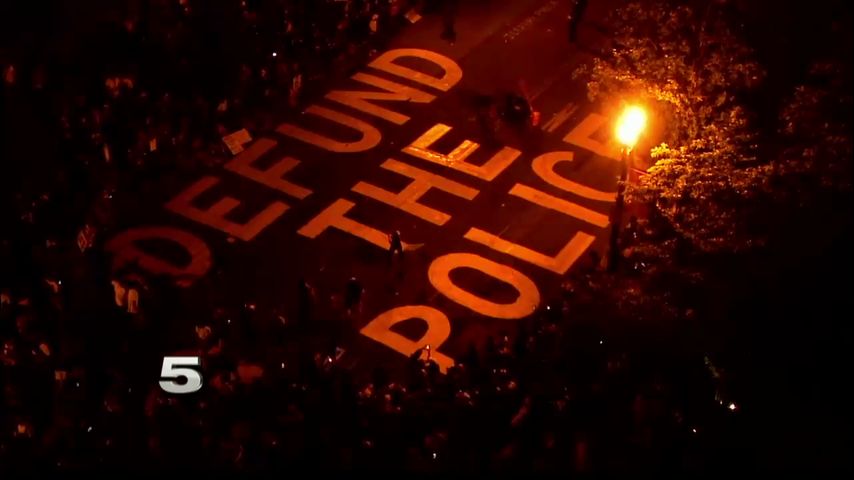UTRGV criminal justice professor explains police reform
Police departments across the United States have been following community policing protocols for decades. However, after the murder of George Floyd, many are asking what more needs to be done.
After weeks of protests, President Donald Trump signed an executive order for police reform on Tuesday. Yet, after another incident in Atlanta involving the shooting death of Rayshard Brooks by one of the city's police officers, many are asking for more reforms in the way police interact with the public.
"You can't go out just arresting your way out of crime," said Ben Brown, criminal justice professor at the University of Texas Rio Grande Valley.
For those reasons, the Clinton administration introduced police reforms in the 1990s in order to reduce crime rates across the country and for the public to see the police as an ally in the community.
"But at the same time, the war on drugs was coming to its zenith," Brown said.
From those reforms, new tactics were added that in present day many critics have seen as excessive.
For example, no-knock warrants which are authorized by federal magistrate judges, give local police the go-ahead to forcibly enter a home without prior notice. That is what led to the death of Brionna Taylor in March of this year, after Louisville police officers entered Taylor's apartment by force without prior warning, shooting and killing Taylor.
After several more instances of police brutality, many are asking for the elimination of police departments or cuts to their local budgets. However, experts say that wouldn't be a good idea.
"But you have to think about what the police do," Brown said. "If there's an automobile accident, who are you going to call? The police"
The police reforms signed by President Trump include the creation of a national registry of police officers who have any convictions or judgments of excessive force, along with more funding for de-escalation training.




